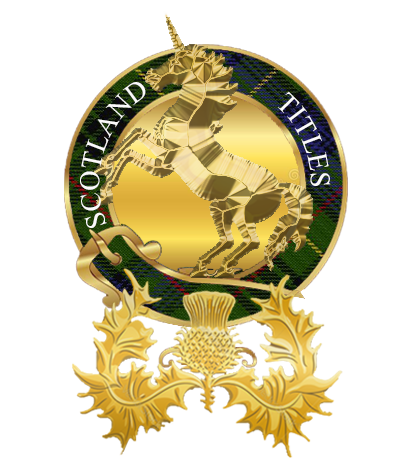Scottish Slang in Popular Culture
Scottish slang has made its way into popular culture, especially through films and TV shows. Films like Trainspotting and TV series like Still Game and Rab C. Nesbitt showcase the rich tapestry of Scottish vernacular. These cultural artefacts help spread the charm and uniqueness of Scottish slang to a broader audience.
Misconceptions and Myths
Some phrases often attributed to Scots are actually myths. For example:
“Och aye the noo”: While “och aye” and “the noo” are used separately, you’ll rarely hear them together outside of comedy.
I love you in Scottish slang: A loue ye.
Scottish slang for drunk: Blootered, steamin’, wrecked, bladdered, hammered, sloshed, smashed, and more colourful phrases like “oot yer tree” and “steamboated.”
Resources for Learning More
If you’re interested in diving deeper into Scottish slang, here are some useful resources:
Embracing Scottish slang is more than just learning new words; it’s about understanding and appreciating the rich cultural tapestry of Scotland. From affectionate terms to creative insults and beautiful words, Scottish slang reflects the heart and soul of this vibrant nation. So next time you’re in Scotland, don’t be afraid to throw a few of these phrases into conversation. Lang mae yer lum reek!
By familiarising yourself with these words and phrases, you’ll not only enrich your vocabulary but also gain a deeper appreciation for the Scottish way of life. Happy learning, and haste ye back!




